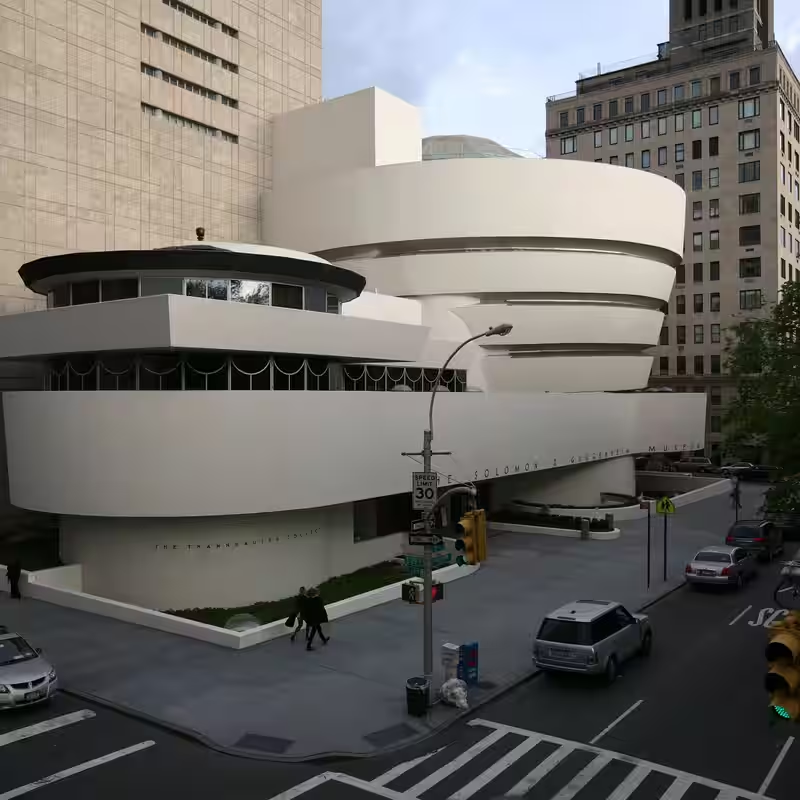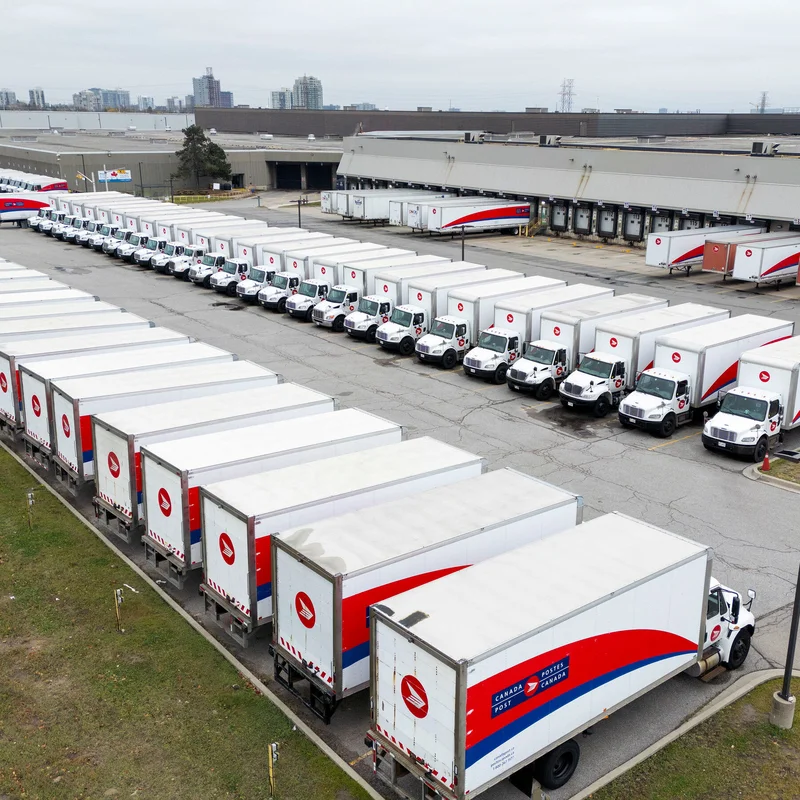The world of art and history is often seen as a place of quiet contemplation, but behind the scenes, a complex and often contradictory reality is unfolding for the people who keep museums running. A new survey reveals a surprising trend: museum worker satisfaction is on the rise. Yet, this glimmer of hope is heavily shadowed by a persistent and deepening crisis of low pay, chronic burnout, and the escalating pressure of cultural and political debates.
Table of Contents
- The Paradox of Happiness
- The Unrelenting Burnout
- The Stubborn Pay Gap
- Culture Wars in the Gallery
- The Future of Museums
- Sources
The Paradox of Happiness
In a counterintuitive finding, recent data suggests that museum employees are feeling more positive about their workplaces than in previous years. This uptick in morale is a significant shift from the deep discontent that characterized the field in the aftermath of the pandemic. The Museums Moving Forward 2025 report indicates that workers, particularly those at smaller institutions, are reporting greater levels of job satisfaction . This could be attributed to a renewed sense of mission, stronger team cohesion, or a feeling of having weathered the worst of the storm.
Museum Worker Burnout: A Persistent Threat
Despite this improved mood, the specter of burnout remains a dominant force in the sector. The demanding nature of the work—juggling public engagement, meticulous curation, administrative duties, and often, limited resources—takes a heavy toll. A significant portion of the workforce feels stretched thin, with many operating in a state of chronic exhaustion. This isn’t just about being tired; it’s a systemic issue that threatens the very sustainability of the profession. The emotional labor required to navigate complex historical narratives and public expectations adds another layer of strain that is rarely acknowledged in job descriptions.
The Stubborn Pay Gap
Perhaps the most intractable problem is compensation. Museum work is notoriously underpaid, especially when compared to other professions requiring similar levels of education and expertise. This financial reality forces many passionate professionals to take on second jobs or leave the field entirely. The Museums Moving Forward report underscores that this issue is particularly acute at smaller museums, where budgets are tightest, even as worker satisfaction there appears higher . This creates a troubling paradox: workers may love their mission but cannot afford to sustain their careers in it. The data paints a clear picture: a fifth of museum workers don’t expect to remain in the field long-term, citing burnout and low pay as primary reasons .
Culture Wars in the Gallery
Adding to the professional pressure is the increasing politicization of museum spaces. Curators and educators now find themselves on the front lines of “new culture wars,” where decisions about which stories to tell and how to tell them are subject to intense public scrutiny and political backlash. This external pressure creates a stressful work environment where staff must constantly navigate a minefield of competing ideologies, often with little institutional support. The fear of controversy can stifle creativity and lead to a cautious, risk-averse approach to programming that ultimately diminishes the museum’s educational and cultural impact.
The Future of Museums: A Crossroads
The museum sector stands at a critical juncture. While the rise in worker happiness is a welcome sign of resilience, it cannot mask the fundamental challenges that threaten its future. To retain its talented and passionate workforce, the industry must move beyond goodwill and implement concrete solutions. This includes advocating for better funding, establishing living wages, creating robust mental health support systems, and developing clear strategies to protect staff from the worst effects of political interference. The vibrancy of our cultural institutions depends on the well-being of the people who dedicate their lives to them.




